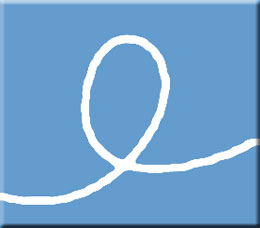Your dentist may also recommend using the following items to complement your flossing regimen: Interdental cleaners Resembling bottle brushes and available in a range of different widths, these cleaners are often more suitable to use than floss if you have large gaps between your teeth. They’re also
Babies • Use a damp washcloth and clean your baby’s gums by gently rubbing them. • As teeth appear introduce a soft, child-size toothbrush. • Do not use toothpaste. • Visit a dentist when the first teeth appear or by 12 months. • Parents should continue to
Tempting as it is to think that pressing harder on your teeth equals a better clean, the fact is that too much pressure can damage your gums and tooth enamel. If the bristles are wearing out on your toothbrushes well before the three-month mark, you’re pressing too
If you have limited dexterity, a powered toothbrush may be a better option since it largely does all the work for you. Kids enjoy the fun of powered toothbrushes, especially decorated with their favourite characters. They can also be programmed to run for two minutes, taking out
Soft-bristled toothbrushes with a small head and a flexible neck are most effective in removing plaque and debris from your teeth, without damaging your teeth and gums. Teeth should be cleaned systematically, starting at the back with the toothbrush bristle at the gum line on a 45°
If you’re like most people, you probably don’t give much thought to how you brush your teeth, beyond squeezing on some toothpaste and scrubbing back and forth. But as your dentist will tell you, how you brush your teeth matters a great deal. How often you brush,
Chewing sugar-free gum (and that’s the crucial qualifier, it must be sugar-free!) may not be the first thing that springs to mind when you’re thinking about good dietary habits to benefit your teeth. Studies have shown that chewing sugar-free gum for 20 minutes after eating can prompt
It is not just the obvious sweet foods and drinks such as lollies and soft drinks that can cause decay. Frequent snacking on foods with hidden sugars like biscuits, crackers, cereals, chips and even dried fruit (these also break down into sugars in the mouth) can cause
Eating affects your oral health The reality is our eating habits play a major role in tooth decay, which is a diet related disease. Sugars in the food and drinks we eat are taken up by bacteria, producing acids that attack the outer layer of tooth enamel
Third molars were known as “teeth of wisdom” from the seventeenth century and “wisdom teeth” from the nineteenth century. The third molars generally appear much later than other teeth, usually between the ages of 17 and 25 when a person reaches adulthood. It is generally thought among

